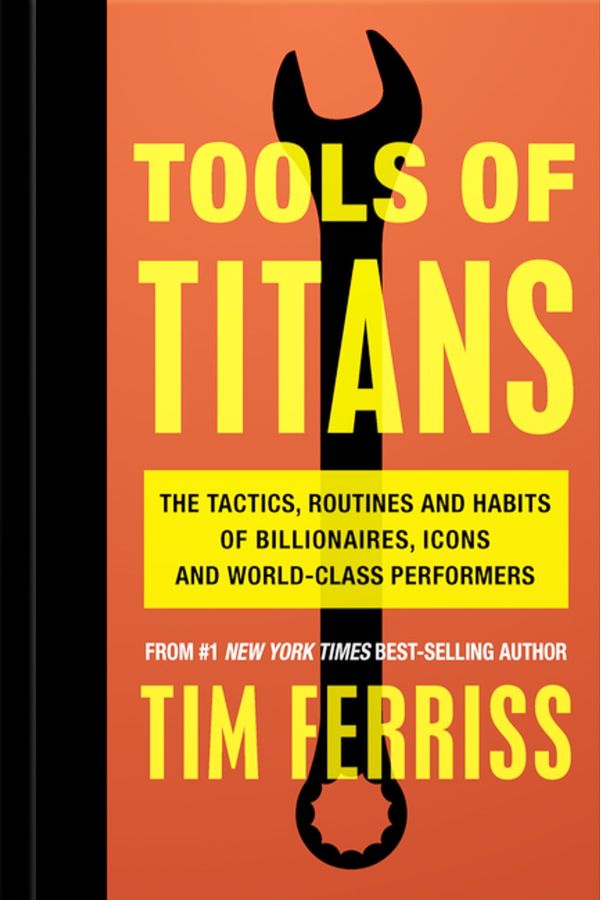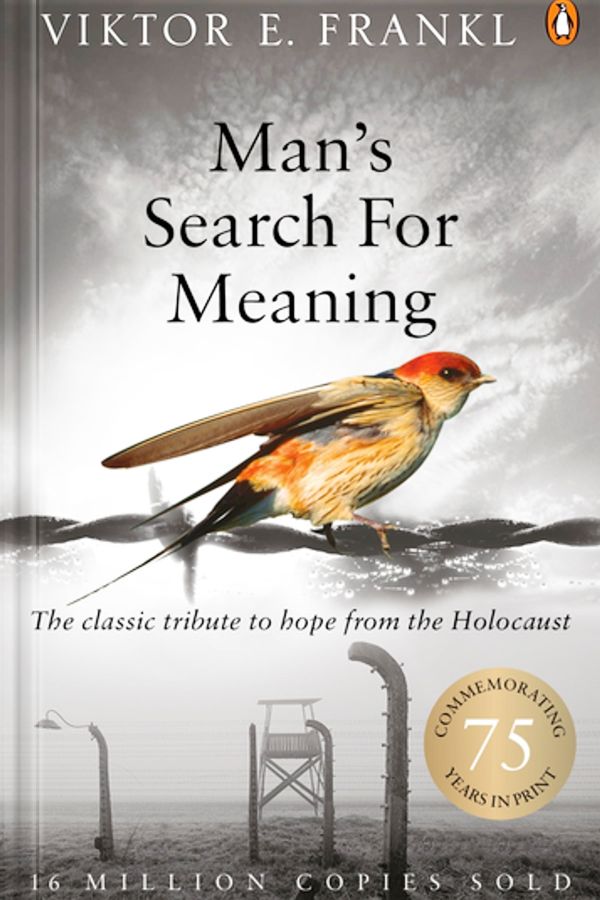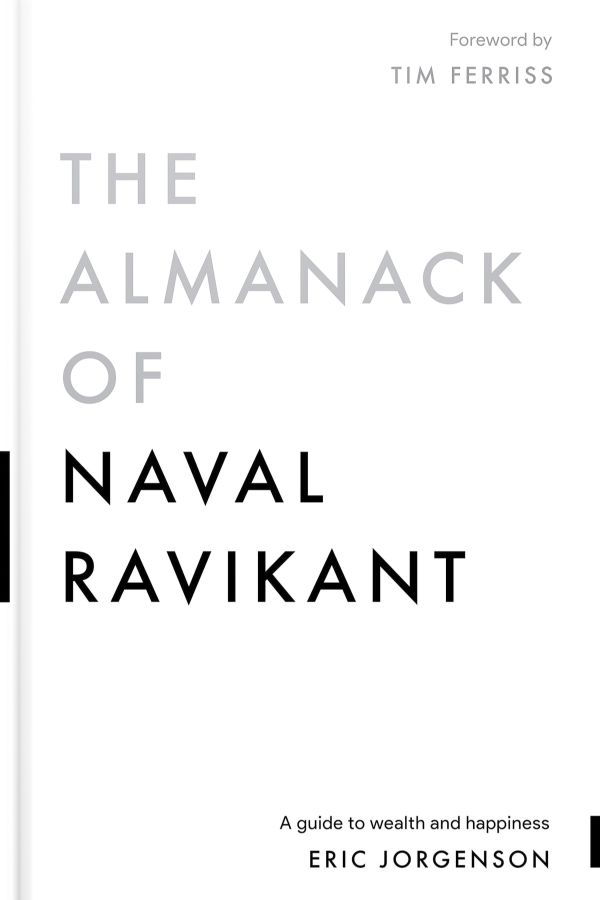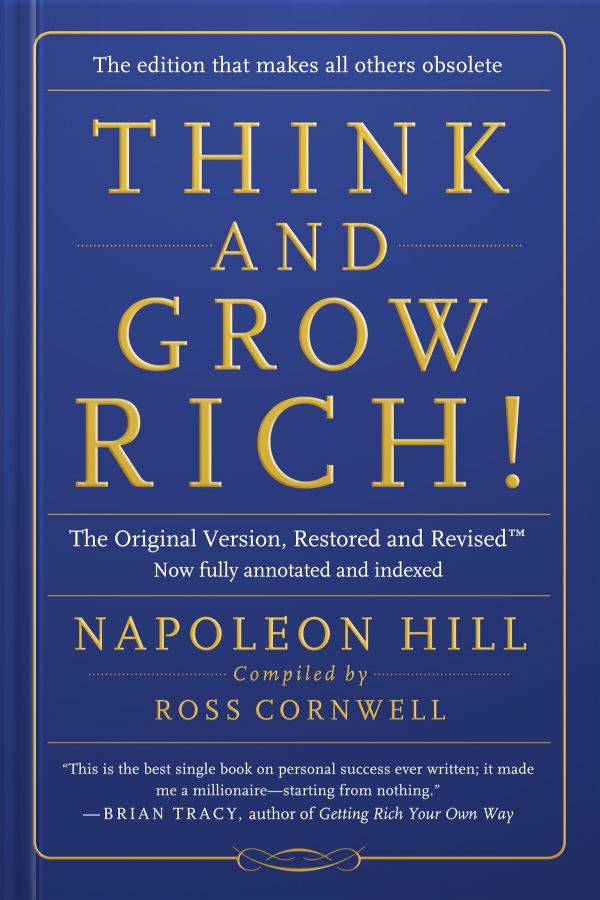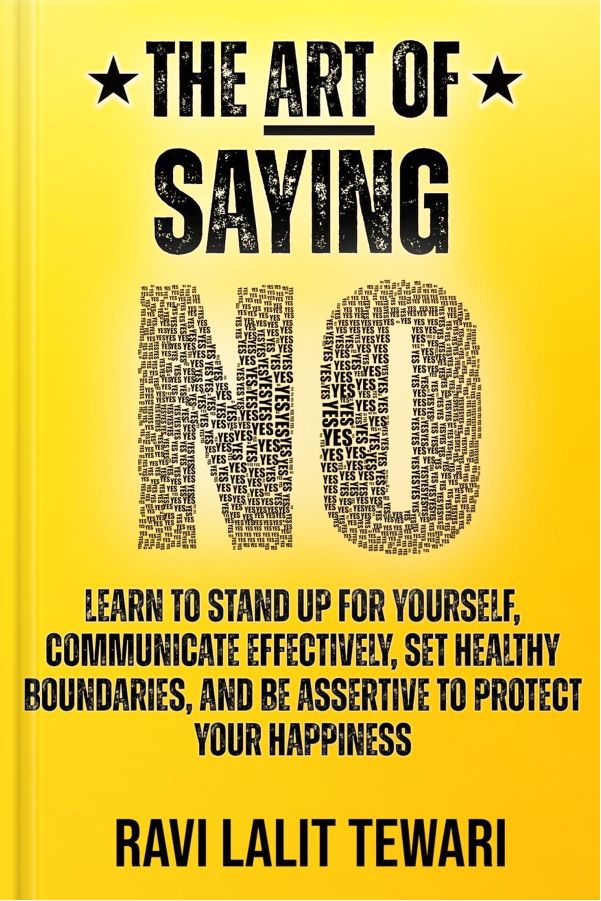
Psychology
The Art of Saying NO by Damon Zahariades
1. Reasons we struggle to say no
Most people struggle to say no due to a deep-rooted belief that it's rude and selfish.
Zahariades states:
"We've been conditioned to perceive 'no' as an unfriendly affront."
This belief, nurtured since childhood, becomes an integral part of our value system, often at the cost of our well-being.
2. The first step
Zahariades emphasizes recognizing unhealthy reasons for dreading the word 'no.'
He says:
"Being aware of the fallacious belief that saying no is mean or selfish is the first step to freeing yourself."
Identifying these less apparent reasons is crucial to breaking free from these self-limiting beliefs.
3. We want to avoid offending people
Fear of offending is another major deterrent to saying no.
Zahariades notes:
"People often take offense at things not meant to cause offense."
This fear can lead to an overwhelming sense of responsibility and an unhealthy need to appease everyone.
4. We want to avoid seeming selfish
We often go out of our way to help others to maintain our image as caring individuals.
Zahariades points out
"Our self-image is shaped significantly by how others perceive us."
This desire to avoid seeming selfish can result in self-neglect and fatigue.
5. We desire to help others
The author emphasizes that while helping others feels good and contributes positively to our self-esteem, we must not let it override our needs.
"Helping others should not be at the cost of our own well-being," Zahariades explains.
6. We struggle with low self-esteem
Low self-esteem can make saying no particularly challenging.
Zahariades remarks
"When we are unsure of ourselves, we struggle to assert our boundaries."
This insecurity can make us more susceptible to external demands.
7. We want others to like us
The universal desire to be liked often influences our inability to say no.
Zahariades notes:
"Being liked often comes with the cost of suppressing our needs and wants."
This desire can result in overcommitment and burnout.
8. We want to appear valuable
Zahariades suggests that serving as a resource can inflate our self-worth, leading us to say yes more than necessary.
He states:
"Feeling valuable should not be dependent on others' dependence on us."
9. We succumb to emotional bullying
Emotional bullying can often coerce us into agreeing against our will.
Zahariades warns:
"People who refuse to accept no for an answer can use emotional bullying to manipulate us into submission."
10. We're averse to conflict
A natural aversion to match can make saying no difficult.
Zahariades observes:
"Saying yes is often seen as a quick solution to avoid potential confrontations."
However, he emphasizes that this approach can lead to resentment and an overwhelming workload.
Zahariades' book effectively dissects the complex reasons we struggle to say no, and suggests practical ways to navigate these hurdles.
Remember his wisdom: "Saying 'no' is not an act of rebellion, but a declaration of self-love and respect for personal boundaries."

